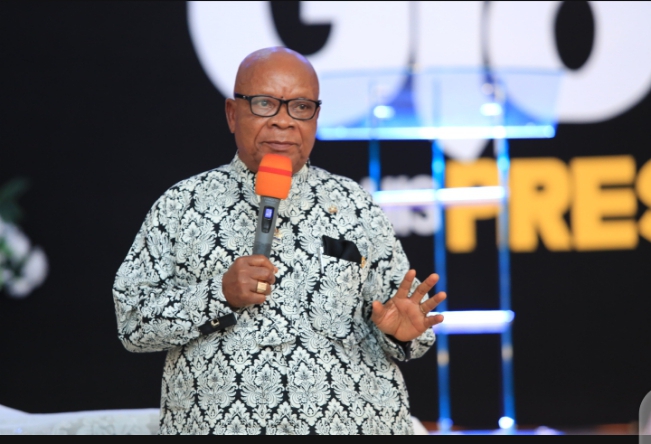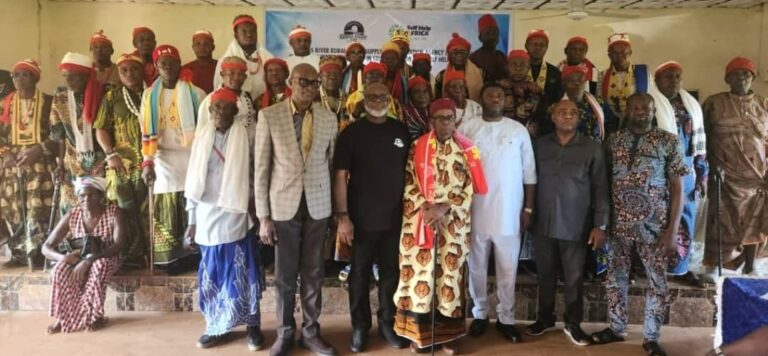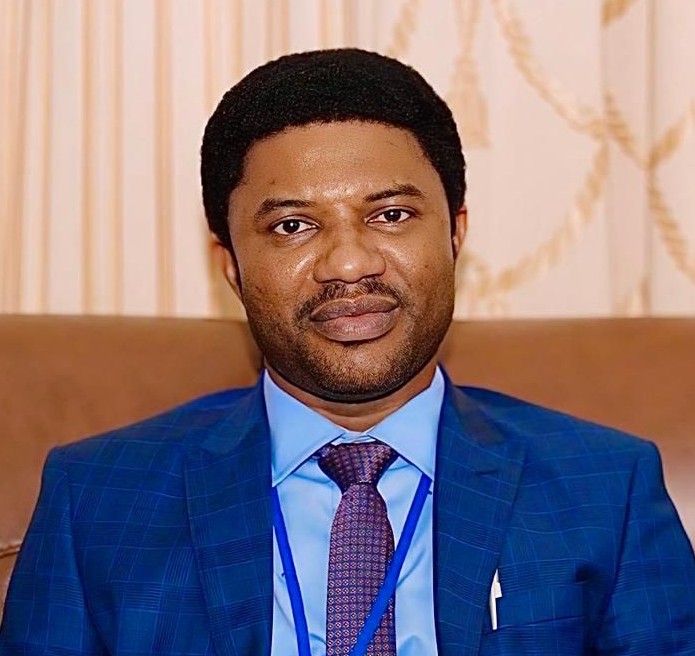
By Ofem Usani
For eight consecutive years under the administration of Sen. Ben Ayade, the people of Yakurr Local Government Area endured the conspicuous absence of the state’s foremost citizen from the Leboku International Festival, the cultural heartbeat of the region. Year after year, the festival was celebrated without gubernatorial presence, a symbolic neglect that mirrored the broader reality of developmental inertia in the area. Tangible projects were scarce, infrastructure remained in disrepair, and the once vibrant relationship between government and people seemed fractured beyond recognition.
Under the present dispensation, however, a perceptible paradigm shift is evident. Within a mere span of two years, His Excellency, Sen. Apostle Prince Bassey Edet Otu, fondly revered as the People’s First Governor, has visited Yakurr on two distinct occasions. The first was to condole with his executive member, Hon. Oden Ewa, during a period of bereavement. The second was to participate in the Ugep International New Yam Festival, culminating in his presence at the grand finale of the Leboku Festival. Most significantly, his solemn pledge to rehabilitate the Ugep Township Stadium: an edifice whose current decrepit state is antithetical to the aesthetics of comparable urban centers such as Calabar, Ikom, and Obudu, signals the restoration of government presence in Yakurr. This is not merely political symbolism; it is a practical commitment to infrastructural renewal.
To forestall misperceptions, it is essential to clarify that Hon. Oden Ewa is not a man driven by the pursuit of personal accolades. Indeed, his political philosophy has consistently been anchored not on the question of who gains recognition, but rather what accrues to the people collectively. His unique ability to harmonize centripetal and centrifugal political forces for the benefit of Yakurr underscores his reputation as a consummate strategist and a selfless patriot. It would not be misplaced to suggest that his influence has been instrumental in reawakening the long-neglected bond between Yakurr and the machinery of state governance.
READ ALSO: Prince Otu, Yakurr and the Beauty of History Towards Oneness
Nevertheless, the recent rekindling of governmental attention compels critical interrogation of the past. Where, one must ask, were Yakurr’s representatives in the executive and legislative arms during the preceding administration? Were there truly no proximate voices capable of drawing the governor’s attention to the developmental exigencies of Yakurr? Why did legislators acquiesce to financial legislations inimical to the collective progress of the state without securing reciprocal developmental dividends for their constituencies?
More disconcertingly, many of these individuals appeared to luxuriate in the very dilapidation that afflicted their constituencies. They coexisted comfortably with impassable roads, as though infrastructural decay were a natural inheritance. They cannot boast of a single individual whose life they elevated to genuine comfort. Neither can they account for sustainable access to potable water, basic healthcare, or qualitative educational facilities for their people. And yet, paradoxically, they themselves enjoyed uninterrupted power, influence, and privilege. What a shameful contradiction! This dissonance between personal comfort and communal neglect constitutes the very antithesis of representative government.
True representation must, by definition, remain about the people, by the people, and within the people. Anything short of this is mere political exhibitionism; an indulgence in showmanship devoid of substance. Yakurr must now demand a higher standard of accountability, one that measures leadership not by tenure but by the tangible legacies of development.
Within two years and three months, His Excellency Sen. Apostle Prince Bassey Edet Otu, in partnership with his capacity-laden wife, has already rekindled the hope of Yakurr people. His recognition of cultural heritage, his physical presence at the Leboku festival, and his developmental pledge for the Ugep Township Stadium collectively affirm that inclusivity and people-centered governance are once again on the state’s agenda.
For Yakurr, the imperative is clear: leaders must be judged by their capacity to serve rather than their propensity for self-enrichment. In this regard, Hon. Oden Ewa stands out as a model of technical leadership; subtle yet effective, unassuming yet profoundly impactful.
The rest, indeed, should be history.
Ofem Usani writes for Okowen, yenon community



